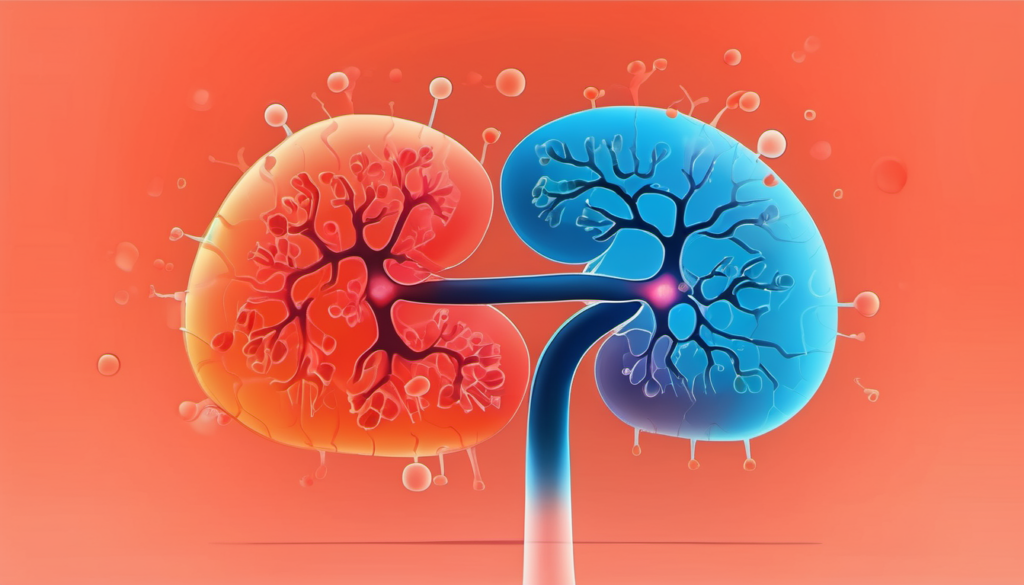Nephrotic syndrome is a group of disorders of the kidneys that causes disruption in their filtration functions. This leads to loss of excess protein from the blood into urine and accumulation of fluids in the body. Nephrotic syndrome itself is not a disease; it is rather a feature or complication of certain diseases of the kidneys and, sometimes other organs in the body.

Causes
The causes of nephrotic syndrome are in two categories: primary and secondary. The primary causes are those conditions that affect only the kidneys. Some of them include:
- Minimal Change Disease: This disease got its name “minimal change” from the fact that when one views the kidneys under the microscope, there are little or no signs of kidney damage. As such, doctors do not know why this disease stops the kidneys from working properly. Some potential causes of the disease include infections from viruses, allergic reactions, taking certain medications, and using non-steroidal anti-inflammatory drugs (NSAIDs).
- Focal Segmental Glomerulosclerosis (FSGS): This is the most common cause of nephrotic syndrome in African children. FSGS is a disease that scars the glomeruli (the sieve-like structures in your kidneys that helps to filter blood).
- Membranous Nephropathy: This disease involved thickening of the glomeruli. This can be caused by deposition of antibodies on the linings (membranes) of the glomeruli.
Secondary conditions that cause nephrotic syndrome are those affecting other parts of the body that also affect the kidneys. These include:
- Diabetes Mellitus
- Infective Endocarditis
- Malaria
- Systemic Lupus Erythematosus, simply known as Lupus
- Amyloidosis
- Hepatitis B etc
Symptoms
The symptoms generally include:
- Swelling, particularly in the face and the legs
- Foamy urine caused by excess protein
- Weight gain due to fluid retention
- Fatigue
- Loss of appetite

Treatment
- The goal of treatment for nephrotic syndrome is to address the underlying cause. Drugs such as corticosteroids are often prescribed to reduce inflammation and protein excretion in the urine.
- Diuretics may also be used to remove excess fluids and reduce swelling.
- Dietary modifications, with emphasis placed on protein may be recommended to replenish lost proteins
- If the condition is severe or doesn’t respond to medication, treatment may require medications that suppress the immune system.
- In very advanced cases, dialysis or kidney transplantation may be necessary.
A Word From HealthFacts to You
Early diagnosis and treatment of nephrotic syndrome are important to improve outcomes and prevent complications. If you suspect you or someone you know may have nephrotic syndrome, consult your doctor for proper diagnosis and treatment.
Remember that prevention is key. It is important to take care of your kidneys avoid nephrotic syndrome and other kidney disorders. Read about the common habits you need to unlearn to keep your kidneys healthy here.
Until next time, stay healthy!









